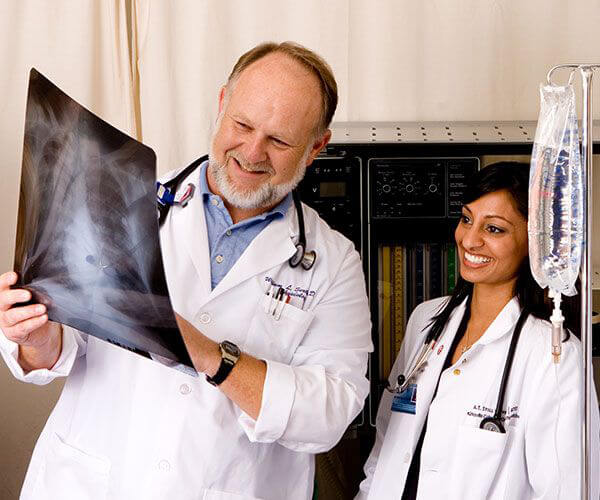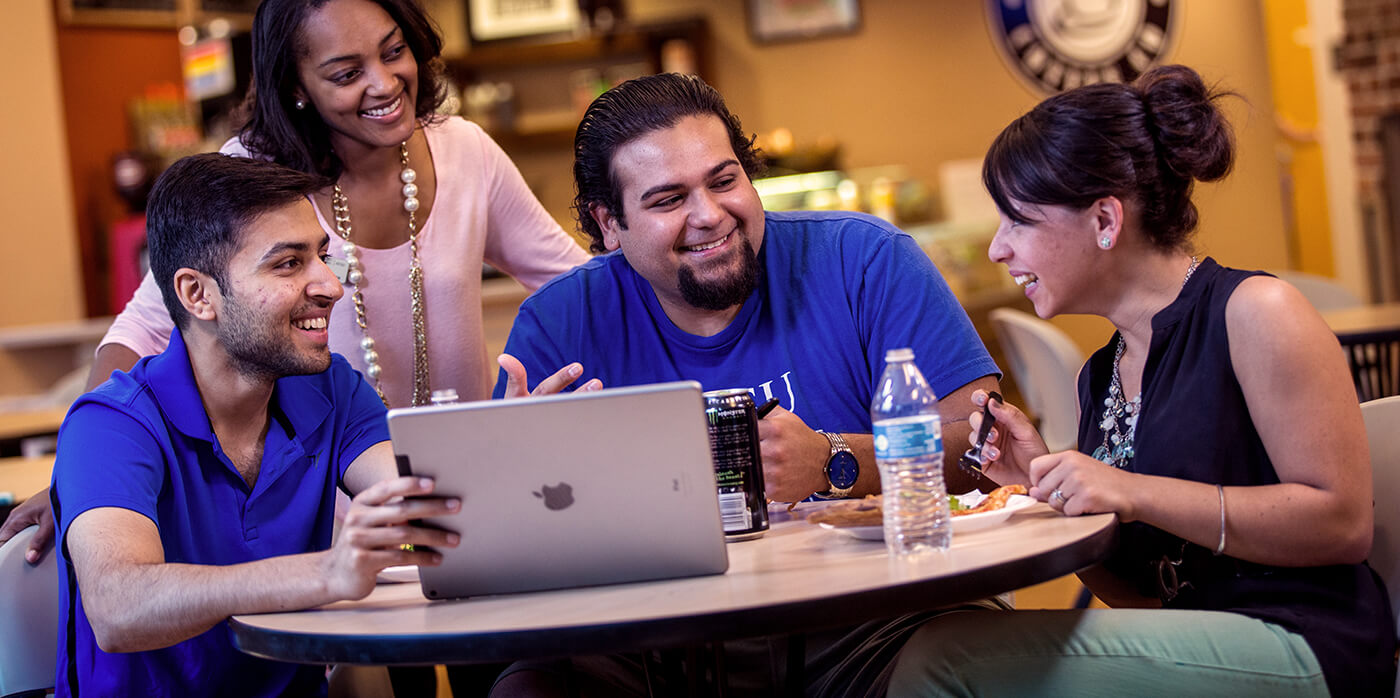Technical standards for admissions, matriculation, and graduation
Minimal Technical Standards for Matriculation (the “Standards”) state expectations of ATSU students. The Standards provide sufficient information to allow the candidate to make an informed decision for application. Minimal Technical Standards for Matriculation are a guide to accommodation of students with disabilities. Academic adjustments can be made for disabilities in some instances, but a student must be able to perform in a reasonably independent manner.
Applicants and current students who have questions regarding the technical standards, or who believe they may need to request academic adjustment(s) in order to meet the standards, are encouraged to contact Learning Resources and Accommodation Services. Procedures to apply for academic adjustments are found at the conclusion of this policy.
The holder of a health sciences professional degree must have the knowledge and skills to function in a broad variety of clinical situations and to render a wide spectrum of patient care. In order to carry out the activities described below, candidates for a degree in Physician Assistant Studies, must be able to consistently, quickly, and accurately integrate, analyze, and synthesize data.
A candidate for the Master of Science degree at ATSU-CCPA program must possess abilities and skills in seven identified categories, including observation; communication; motor; sensory; strength, mobility, and endurance; intellectual, (conceptual, integrative, and quantitative); and behavioral and social.
These abilities and skills are defined by the University College Healthy Community as follows:
Observation
-
Candidates and students must have sufficient uncorrected or corrected visual acuity, depth perception, and color perception to be able to observe demonstrations, experiments, and laboratory exercises in the basic and clinical sciences. They must be able to observe a patient accurately at a distance of 20 feet and up close. Vision must be sufficient to utilize clinical instrumentation; identify dissected nerves and landmarks on anatomical structures such as the tympanic membrane; observe motion; and evaluate posture, locomotion and movement in a clinical setting. Adequate visual capabilities are necessary for proper evaluation and treatment integration, including the assessment of symmetry, range of motion, and tissue texture changes.
-
Communication
-
Candidates and students must possess formal and conversational speech and language skills in English. The student must be able to write, read and comprehend classroom lecture and assessment materials, technical reports, diagnostic and treatment reports and professional correspondence in English. They must be able to speak, hear (with or without the use of amplification and/or other assistive technology), and observe patients in order to elicit information; examine and treat patients; describe changes in mood, activity, and posture; and perceive nonverbal communication. They must be able to communicate effectively and sensitively with patients. They must be able to communicate effectively in oral and written form with all members of the healthcare team.
-
Motor
-
Candidates and students must have sufficient motor functions to execute movements required to perform laboratory exercises and provide clinical care. Such actions require coordination of both gross and fine motor movements and equilibrium, and functional use of the senses of touch and vision.
-
Sensory
-
Candidates and students must have functional use of sensory skills such as tactile discrimination and proprioception for classroom, laboratory and clinical experiences. Functional use of hearing and vision are also required and are described in the sections above.
-
Strength, mobility and endurance
-
Candidates and students must have sufficient upright posture, balance, flexibility, mobility, strength and cardiovascular endurance for standing, sitting, lifting moderate weight and participating in classroom, laboratory and clinical experiences.
-
Intellectual (conceptual, integrative, and quantitative)
-
Candidates and students must be able to engage in activities of discovery, measurement, calculation, reasoning, analysis, and synthesis. Problem solving, the critical skill demanded of health professionals, requires all of these intellectual abilities. In addition, candidates and students should be able to comprehend three-dimensional relationships and understand the spatial relationships of structures.
-
Behavioral and social
-
Candidates and students must possess the emotional health required for full utilization of their intellectual abilities, the exercise of good judgment, the prompt completion of all academic requirements and responsibilities attendant to the diagnosis and care of patients. Candidates and students must be able to develop mature, sensitive, and effective relationships with patients. Candidates and students must be able to adapt to changing environments, display flexibility, and learn to function in the face of uncertainties inherent in the clinical problems of many patients. Compassion, integrity, concern for others, respect for differences, interpersonal skills, interest, and motivation are all personal qualities that will be assessed during the admission and educational processes.
-

